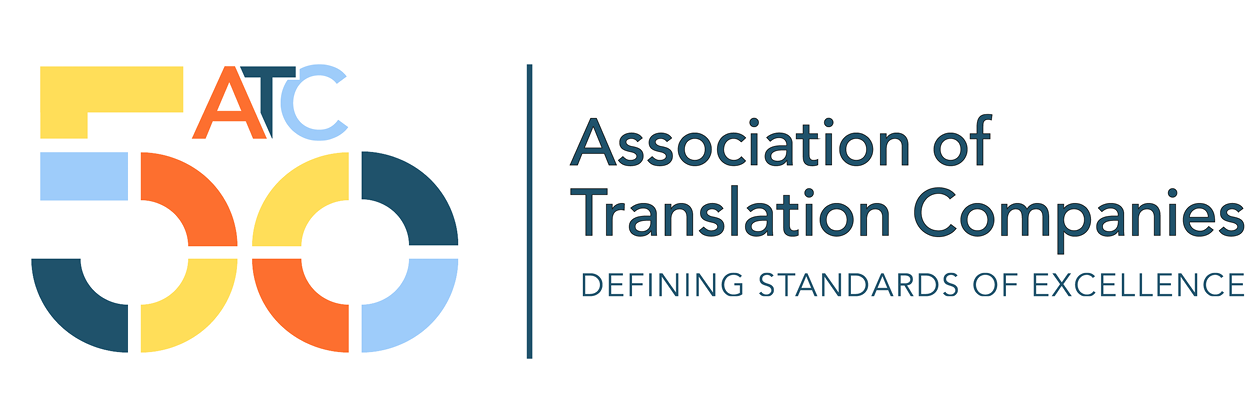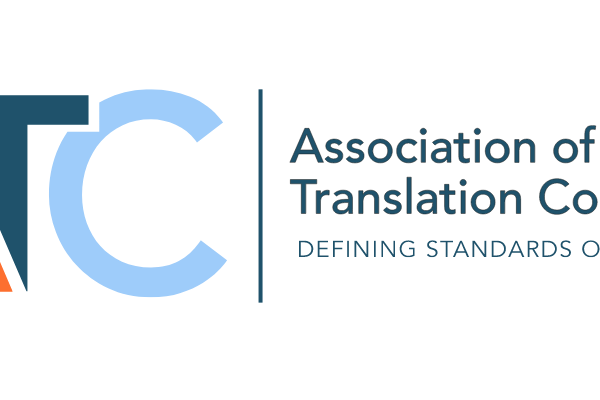The ATC’s public sector news puts you in the picture of what’s new, noteworthy and…

The ATC believes action is needed on European language learning after today’s A level results reveal another drop in the number of pupils studying modern languages, with German and French – the languages of our key European trading partners – seeing particularly worrying declines in student numbers.
The number of pupils who took German A level in 2018 fell by 24% from 4,009 pupils in 2015 to just 3,058 students this year, according to figures produced by the Joint Council for Qualifications (JCQ) alongside today’s A level results.
It was a similar picture for French, with the JCQ statistics showing 8,713 pupils sat a French A level exam this year, which was a worrying drop of 16% compared with the 10,328 in 2015.
The GCSE results are out next Thursday, but last year’s JCQ figures showed the number of pupils sitting German GCSE exams level fell by 27% from 59,891 to 43,649 in just three years. During the same period, the figures revealed the number of French GCSE students fell by 22% from 168,042 to 130,509.
It’s no wonder there are also fewer students applying to study European languages at university, with the most recent UCAS analysis of undergraduate applications revealing one of the three subject groups with the fewest applications in 2017 was European languages, literature and related subjects (17,970 applications), which was a 6.2% drop from the previous year.
But we are worried the long-term effects of the decline in European language study – especially German – could reduce the number of qualified translators in the UK at a time when Brexit means the economy’s future could depend on effective communication with key trading partners.
As we progress through the Brexit negotiations it will also be more difficult to encourage EU nationals to live and work in Britain, so the ATC says the need for home grown linguists has never been more important.
Only last month the Government was left red-faced when it botched its attempt to translate its new Brexit white paper into other languages. It was reported to have produced an “unreadable” German translation of the vital document, and its translation of English into other European languages was also criticised.
Mark Robinson, ATC Council Member and Managing Director of Alexika, based in Addingham, near Ilkley, West Yorkshire, said: “We’ve never been proactive at language learning in Britain, and the Government has taken its eye off the ball at a time when there is an increasing need for effective communication to help British firms secure post-Brexit trading deals with European partners.
“The decline in pupils studying German A level is particularly worrying as Germany is one of our biggest trading partners, and translators will have to play a critical role in winning new contracts. But with fewer students studying European languages, we’ve seen fewer qualified translators coming through the system.
“The UK should be in a position to avoid embarrassing instances like the Brexit white paper translation blunder by retaining the ability to employ native speakers of other EU languages, but we should also be more self sufficient in terms of language skills.”
Mark, who himself has a degree in German Studies, added: “For the sake of the nation’s future prosperity, the need for home grown linguists has never been more important. The Government needs to recognise the value of modern languages and the ATC wants to see it increase the opportunities for pupils to study languages.”

